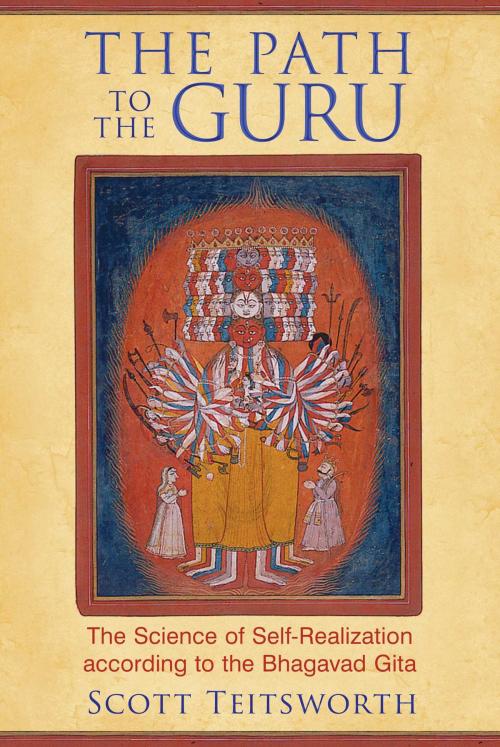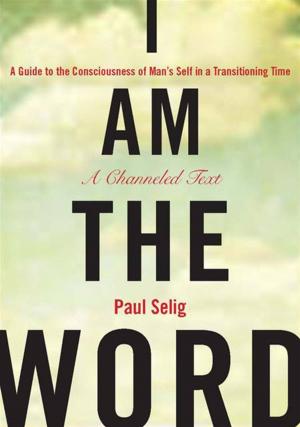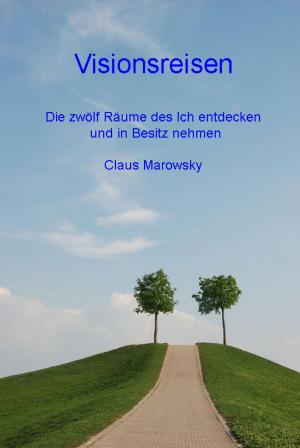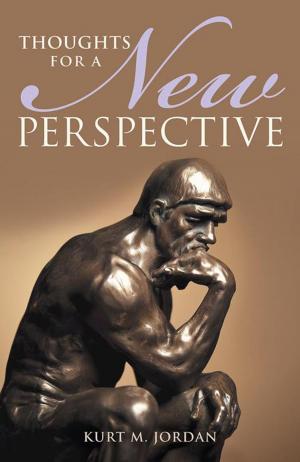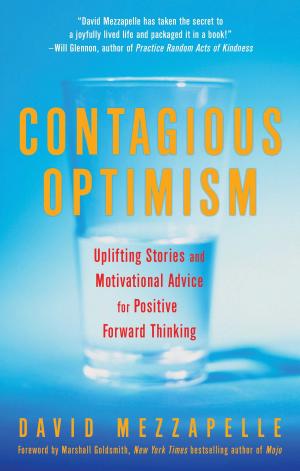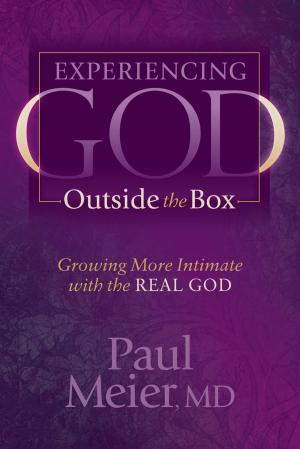The Path to the Guru
The Science of Self-Realization according to the Bhagavad Gita
Nonfiction, Religion & Spirituality, Eastern Religions, Hinduism, New Age, Mysticism, Personal Transformation| Author: | Scott Teitsworth | ISBN: | 9781620553220 |
| Publisher: | Inner Traditions/Bear & Company | Publication: | June 9, 2014 |
| Imprint: | Inner Traditions | Language: | English |
| Author: | Scott Teitsworth |
| ISBN: | 9781620553220 |
| Publisher: | Inner Traditions/Bear & Company |
| Publication: | June 9, 2014 |
| Imprint: | Inner Traditions |
| Language: | English |
A verse-by-verse examination of the guide to self-transformation presented in the Bhagavad Gita
• Reveals the scientific approach to personal development and spiritual enlightenment laid out in Krishna’s advice to Arjuna
• Shows how the Gita prepares you to work with a guru, advocating authenticity and skepticism rather than blind devotion and obedience
• Explores Krishna’s advice on which societal limitations to reject to overcome your fears and reconnect with the suppressed parts of your inner being
Drawing on his more than 40 years of in-depth study of Indian Philosophy under the tutelage of his guru, Nitya Chaitanya Yati, author Scott Teitsworth explores the scientific approach to self-transformation and spiritual enlightenment encoded in Krishna’s advice to Arjuna in the Bhagavad Gita. Providing a verse-by-verse examination of the first two chapters, he reveals the Gita’s lessons to prepare the seeker to meet and successfully work with a guru--whether an outside teacher or the intuitive knowledge that arises from overcoming the psyche’s learned limitations.
The author shows that the Gita does not advocate blind devotion to a guru or god but rather personal development, victory over your fears, and liberation of the psyche. He demonstrates how Krishna’s advice provides tools to guide us out of our fear-based experiences to reconnect with the suppressed parts of our inner being. He explains how Arjuna’s doubts and confusions represent the plight of every person--we are born free but gradually become bogged down by the demands of our society, continuously dependent on outside authority for answers and disconnected from our true inner nature. He reveals how Krishna’s advice offers guidance for dealing with life’s conflicts, which societal limitations to reject, and how to see through the polarizing notion of good versus evil to form a balanced state of mind superior to both.
Restoring the fearless vision of the ancient rishis, who, like today’s scientists, prized skepticism as an important technique for accessing truth, Teitsworth reveals the Gita as a guide to an authentic guru-disciple relationship as well as to constructing a life of significance, freedom, and true sovereign adulthood.
A verse-by-verse examination of the guide to self-transformation presented in the Bhagavad Gita
• Reveals the scientific approach to personal development and spiritual enlightenment laid out in Krishna’s advice to Arjuna
• Shows how the Gita prepares you to work with a guru, advocating authenticity and skepticism rather than blind devotion and obedience
• Explores Krishna’s advice on which societal limitations to reject to overcome your fears and reconnect with the suppressed parts of your inner being
Drawing on his more than 40 years of in-depth study of Indian Philosophy under the tutelage of his guru, Nitya Chaitanya Yati, author Scott Teitsworth explores the scientific approach to self-transformation and spiritual enlightenment encoded in Krishna’s advice to Arjuna in the Bhagavad Gita. Providing a verse-by-verse examination of the first two chapters, he reveals the Gita’s lessons to prepare the seeker to meet and successfully work with a guru--whether an outside teacher or the intuitive knowledge that arises from overcoming the psyche’s learned limitations.
The author shows that the Gita does not advocate blind devotion to a guru or god but rather personal development, victory over your fears, and liberation of the psyche. He demonstrates how Krishna’s advice provides tools to guide us out of our fear-based experiences to reconnect with the suppressed parts of our inner being. He explains how Arjuna’s doubts and confusions represent the plight of every person--we are born free but gradually become bogged down by the demands of our society, continuously dependent on outside authority for answers and disconnected from our true inner nature. He reveals how Krishna’s advice offers guidance for dealing with life’s conflicts, which societal limitations to reject, and how to see through the polarizing notion of good versus evil to form a balanced state of mind superior to both.
Restoring the fearless vision of the ancient rishis, who, like today’s scientists, prized skepticism as an important technique for accessing truth, Teitsworth reveals the Gita as a guide to an authentic guru-disciple relationship as well as to constructing a life of significance, freedom, and true sovereign adulthood.
